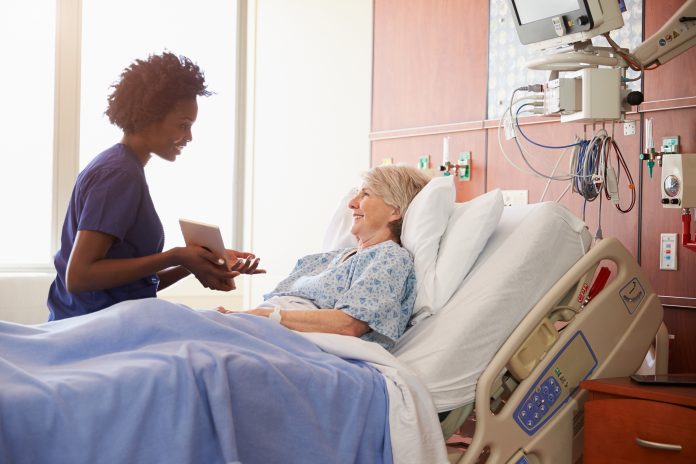Many of our loved ones are discharged from the hospital and put into the care of caregivers. Their main objective is to stay healthy and remain at home. Caregivers can help with this in order to prevent hospital re-admissions. Because many areas have a health worker shortage, the caregiver plays an important role in caring for loved ones.
The first several days following discharge are the most important. Sometimes seniors don’t recover from infections or muscle weakness brought on by long hospital stays. Their habits change once they are home again. It is often left to the caregiver to be aware of any important changes in how the patient is behaving, reacting or how they feel with their health.
How can caregivers help to prevent hospital re-admissions?
- Caregivers can provide health monitoring such as changes in diet and meal schedules.
- Hospital readmission can be avoided by ensuring rehab exercises are completed.
- Information on your illness and emotional support is provided.
- Caregivers can help with coordinating your specialists and appointments.
- They can make sure instructions are followed.
Transitioning from hospital care to home care involves many changes.
Caregivers work with your loved one and provide a number of support services including:
- Help with bathing and dressing.
- Medication reminders and assistance.
- Assisting with walking, walkers and wheelchairs
- Safety issues and prevention from falls.
Many caregivers live in and provide 24 hour support and companionship for your loved one. Many of the services they perform would be intimidating to family members and they ensure that your loved one is provided with all of their health care needs. It’s very important that the recovery process is started immediately and completed in a safe manner. No one wants to see their family member re-admitted to the hospital once they’ve begun their recovery.
Furthermore, if you need help in finding support let us know here.
Fore more information on how caregivers can help to avoid re-admissions and to see the original article, click here.























